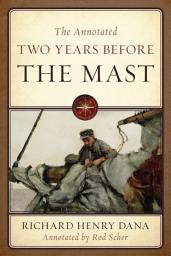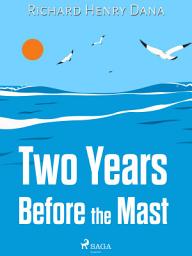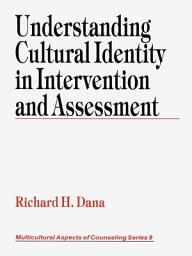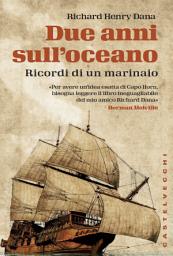Richard Henry Dana Jr.
Richard Henry Dana, Jr., (born August 1, 1815 - died January 6, 1882) was the son of privilege and wealth. In 1834, worsening eyesight and a desire to test himself against the rigors of a life as an ordinary seaman compelled him to withdraw from Harvard College and join the crew of the sailing ship Pilgrim. Dana's two-year adventure at sea prompted him to write Two Years Before the Mast which was based on the diary he kept during his voyage. In Two Years Before the Mast Dana describes the hardships of the ordinary seaman in the days of wooden ships. Two Years Before the Mast is also a remarkable account and description of the people, culture and landscape of early California. Following his adventure at sea Dana became an advocate for improved working conditions aboard American merchant vessels. Eventually becoming a lawyer Dana specialized in maritime law representing many ordinary seaman as well as large maritime shipping concerns and interests. In 1841 Dana published The Seaman's Friend which explained and advocated for the rights of ordinary seamen. Dana also became a staunch abolitionist politically active in opposing slavery and assisting fugitive slaves. In 1848 he was one of the founding members of the anti-slavery Free Soil Party. He also represented Anthony Burns, a fugitive slave, in legal proceedings in Boston. During the American Civil War Dana Served as a United States Attorney and represented the United States in the Prize Cases in which he successfully argued before the United States Supreme Court that the U.S. President had the right to blockade Confederate harbors and shipping. Dana served as United States Counsel during the post-war trail of Confederate President Jefferson Davis.
Ebooks












